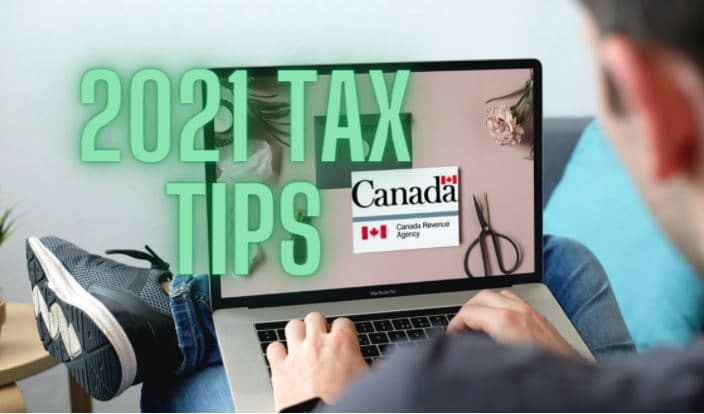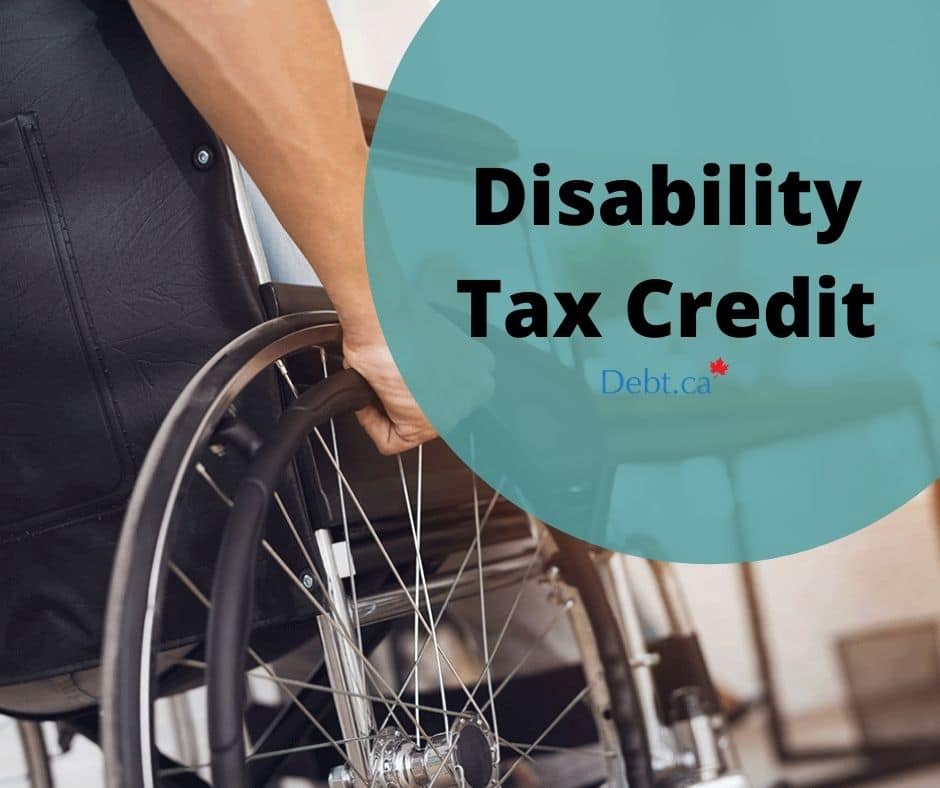With the 2021 tax season in full swing, we thought it would be the perfect time to share some tax tips. In this article, we’ll look at ways to boost your tax refund, tips on getting your taxes filed on time and a tax credit for people with disabilities.
5 Simple Ways to Boost Your Tax Refund
The tax deadline of April 30th is fast approaching. It’s at that point, the Canada Revenue Agency (CRA) will confirm whether you owe taxes or not. I’m assuming you’d rather get a tax refund, so here are five simple ways to boost your tax refund.
RRSP’s and TFSA’s
You’re probably aware of how helpful these two registered accounts can be, but were you aware that the amount of money you contribute to each can lessen your tax bill? You won’t have to pay any personal income tax or capital gains on the funds inside your TFSA. You can also choose to have RRSP contributions deducted from your federal income tax.
Charitable Donations
Have you made charitable donations of over $200 in the previous tax year? Donations are a great way to give to a worthy cause as well as get a tax break on your income tax return. If you want to boost your tax deductions, you can go back as far as five years and compile all your donation tax receipts to help reach the $200 threshold to be entitled to a heftier tax refund.
Medical Expenses
Medical expenses can add up, but there is a silver lining in terms of tax tips. What you may not realize is that medical costs are tax refundable. Not only can you claim the obvious stuff like a trip to the dentist, but you can also claim lesser-known medical expenses, such as gluten-free food. The government has a handy list of medical expenses you can claim on its website.
Children’s Expenses
If you send your kids to daycare, you can claim this as an expense on your tax return. Submitting your child care tax receipts could help boost your tax refund come tax time.
First Homes
If you recently bought your first home, you can claim a non-refundable tax credit. This amount is usually $5,000. You can use this towards property taxes and other expenses homeowners face.
These are just a few of the potential tax savings. You can also claim interest paid on student loans and other tax deductions, so always be on the lookout for tax savings.
Tax Tips to Get Your Return Filed on Time
Worried about meeting this year’s tax deadline of April 30th? Here are some tips to get your tax return filed on time.
Penalties and interest
If you owe the CRA money, the CRA will start charging you interest after the tax filing deadline. The majority of Canadians file their tax returns online. This is a method that the CRA support and recommends.
By submitting your taxes online, the CRA receives your tax return right away. You also have a digital record as proof. The CRA has a list of tax software and web applications it certifies.
If your tax situation is pretty simple, you may even be able to file your taxes over the phone.
Get registered
Do you have an account with the CRA website? It’s a safe and secure service for tax filers. The CRA website has a nifty auto-fill feature you can use for CRA-certified tax software that supports NETFILE. As its name suggests, auto-fill automatically fills in certain parts of your tax return, including your T3, T4 and T5 slips.
File no matter what
Even if you believe you’ll get a tax refund, it’s still good practice to keep the CRA updated on your income tax and benefit situation. Failure to do so could result in the delay of benefit payments, such as the Canada child benefit (CCB). By filing your tax return, you can take advantage of all the personal tax credits for which you qualify.
Changes for this year
It’s essential to be up to date on tax changes. For example, many tax credits were eliminated in previous years. For example, the elimination of the children’s arts and sports tax credit.
The textbook credit is also a credit university students can no longer claim to save on federal taxes. But there are also newer tax credits.
The Canada caregiver credit (CCC) was a tax credit added in recent years. It provides tax relief if you’re someone with a dependent who suffers from a mental or physical impairment.
You’re now able to take your disability tax credit application to have it certified. You may also be able to claim a tax credit if you need an intervention to conceive a child.
Tax Tips for self-employed
If you’re self-employed, you have a little more time to file your taxes – until June 15th. If your business has taken off and you’ve been making tax installment payments, it’s a good idea to be proactive and determine what your tax bill will be before the tax deadline. The CRA has a handy Biz App to lets you view your transactions and pay your balance owing.
When to get professional advice
It can be a stressful time to file your taxes. This is a busy time for accountants and tax preparation professionals who are aiming to get people the professional advice that they need. The CRA website is an excellent resource for any general tax questions you might have. If you’re a low-income Canadian, you may be able to seek help filing your taxes by visiting a Community Volunteer Income Tax Program clinic near you.
If you need to contact the CRA for any reason, refer to this page first. You may find the answer to your question without having to hold the queue to reach a representative.
What to do with your tax refund?
Are you expecting a big tax refund this year? If so, it’s a good idea to make a plan on how you want to spend it. For most Canadians, the most sensible way is by contributing to your RRSP. This will give your retirement savings a much-needed boost and reduces the amount of income tax you’ll owe on next year’s tax return.
The other most sensible option is to use your tax refund to pay down high-interest debt. If you have an outstanding balance on your credit card or line of credit, your tax refund will help you get out of debt sooner.
Hopefully, you can apply the above tax tips when filing this year.










